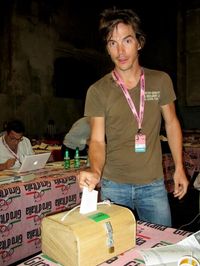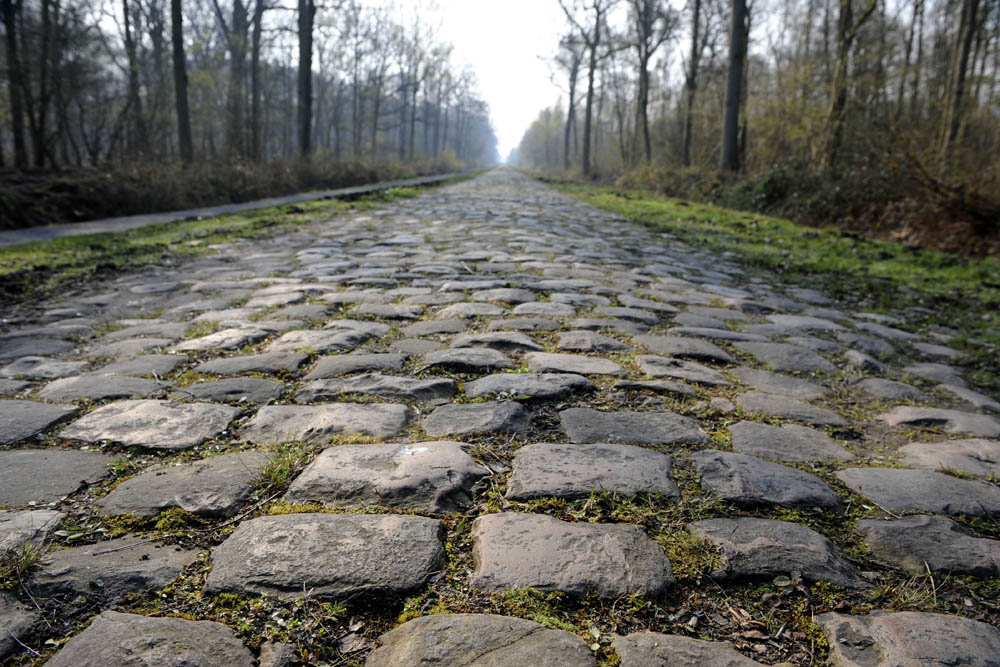Tour de France's cobbled stage set to shake up race
Wednesday's stage five can be regarded as a mini 'Paris-Roubaix' and should shake up the overall classification


The cobbles of the Trouée d'Arenberg
After leaving England, the Tour de France's peloton has its eyes on Wednesday's 'Paris-Roubaix' stage. With some of France's worst roads, the day should shake up the classification before the high mountains and swing in the favour of one of the classics specialists.
"It's not a one-day race, though," said three-time Roubaix winner Fabian Cancellara (Trek). "It's doesn't end with the finish line because the next day there's another race. That makes a difference."
Though it does not quite stack up to the 'Queen of the Classics' raced every April, the fifth stage is viewed as the hardest cobbled stage in the Tour de France's recent history.
From Ypres to Arenberg, the peloton that includes small climbers like Vincenzo Nibali (Astana) and Chris Froome (Sky), will face 15.4 kilometres of French pavé. The last 1600-metre Wallers sector leaves around four and a half kilometres to race.
"It is definitely the hardest cobbled stage we ever did in the Tour," Sky's Bernie Eisel said. "I did all two so far – the first one in 2004 and the last one in [2010] and this one is probably the hardest one.
"The sectors are quite long ones and the teams will be around their GC riders and the others will be free to go. It's the same for me and 'G' [Geraint Thomas]... we won't have a free card to go. We came here to win the Tour with Chris Froome, we did not come here to win stage five."
Eisel regularly shines in Paris-Roubaix and placed fifth in 2006. He explained that the cobbled men like Cancellara, who do not have to protect a classification leader, should win the day.
The latest race content, interviews, features, reviews and expert buying guides, direct to your inbox!
"For me, there's a risk of arriving in a small sprint. I'm not a bad sprinter, but that's not good for me," Cancellara continued.
"The stage is quite short, which is disappointing because it makes for more chaos. I would like to have a longer stage so that there will be more difficulties and more of a chance for the true specialists."
If the day does end in a small group sprint, like in 2010 when Thor Hushovd won stage three, then the stage tilts in favour of John Degenkolb (Giant-Shimano) and Peter Sagan (Cannondale) – fast men who can also handle the worst roads in this year's Tour de France.
Gregor Brown is an experienced cycling journalist, based in Florence, Italy. He has covered races all over the world for over a decade - following the Giro, Tour de France, and every major race since 2006. His love of cycling began with freestyle and BMX, before the 1998 Tour de France led him to a deep appreciation of the road racing season.
